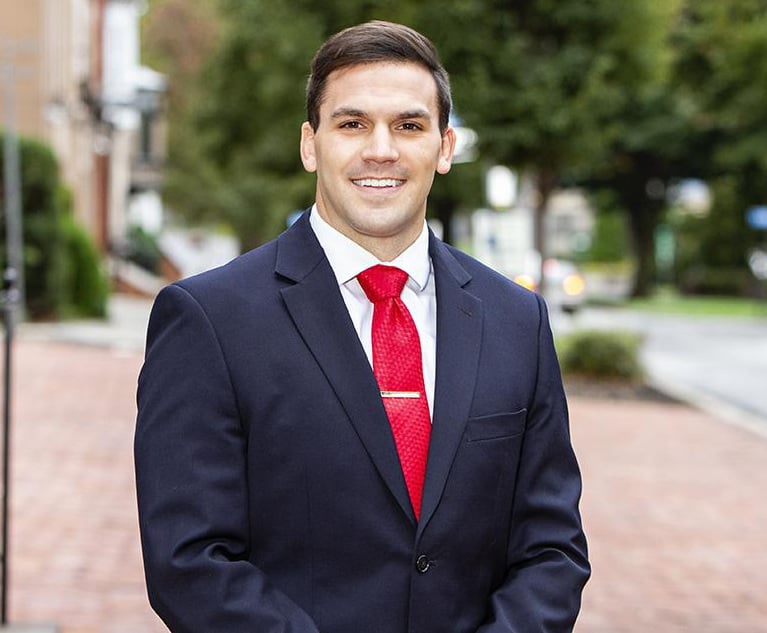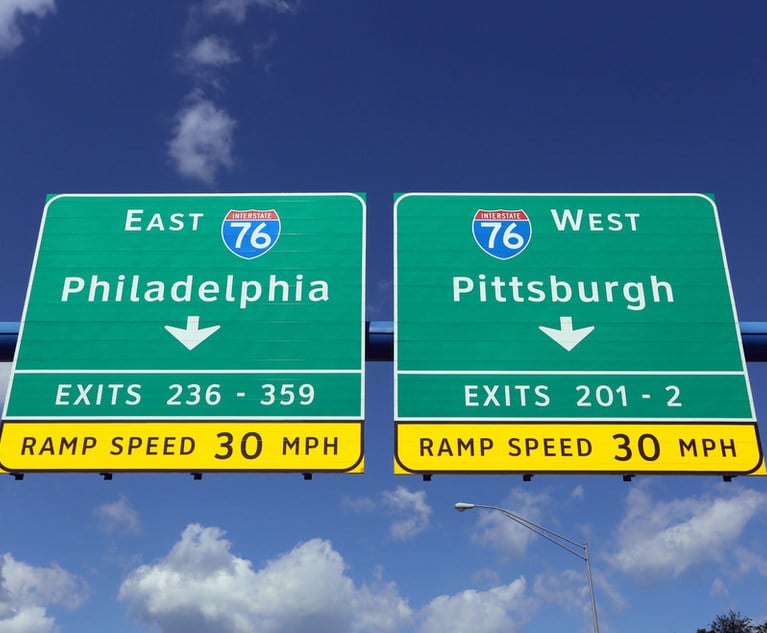The U.S. House Subcommittee on Innovation, Data, and Commerce recently held the first U.S. Congressional hearing on name, image and likeness (NIL) contracts in collegiate athletics since the National Collegiate Athletic Association (NCAA) adopted its Interim NIL policy in July 2021. That policy marked a dramatic shift in NCAA protocol and, for the first time, would allow student-athletes the opportunity to profit from the commercialization of their name, image and likeness. In other words, under the new policy, student-athletes could enter into endorsement deals.
Since then, most major colleges and universities and college athletic conferences have adopted NIL compliance policies and procedures of their own for student-athletes, coaches and other institution staff to comply with. On top of the broad NCAA Interim NIL policy and subsequent institution—and conference level compliance rules, 32 states have passed their own, preemptive legislation to regulate NIL deals that student-athletes are making within their respective state borders. All of this has left interested stakeholders—from the student-athletes themselves to coaches, administrators, boosters and interested businesses and investors—with a whirlwind of cross-border legislation and compliance policies to grapple with.


 Philip Petrina of McNees Wallace & Nurick. Courtesy photo
Philip Petrina of McNees Wallace & Nurick. Courtesy photo




